ISIS nearly made it to Baghdad airport
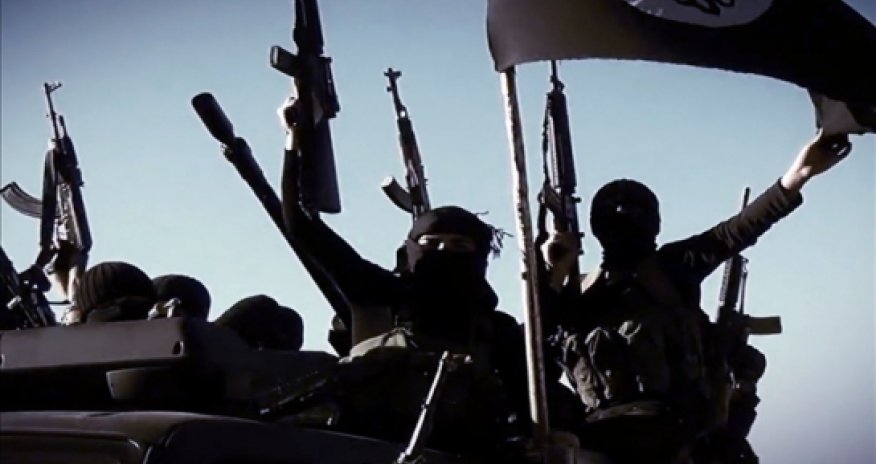
Offering what appeared to be previously unreported details, Gen. Martin Dempsey told ABC's "This Week" that the United States had to risk bringing in low-flying attack helicopters to keep ISIS at bay."The tool that was immediately available was the Apache [helicopter]. The risk of operating in a hostile environment is there constantly," the chairman of the Joint Chiefs of Staff said."You're not going to wait until they're climbing over the wall," Dempsey said. "Had [ISIS forces] overrun the Iraqi unit, it was a straight shot to the Baghdad airport. So, we're not going to let that happen."CNN's Barbara Starr reported October 7 the United States had used the Apache helicopters to push back ISIS forces advancing near Falluja. The aircraft can carry out precise airstrikes but do so at a lower altitude, risking a possible strike by surface-to-air missiles ISIS is known to possess.At the time, Starr reported the United States did not predict ISIS making a direct run for Baghdad. However, there had been general concern that ISIS elements are in the city and around the airport and have been in mortar range for months.Dempsey's comments Sunday clarified for the first time that the Apache was used to protect the Baghdad airport from such an overt threat.The comments came in a wide-ranging interview with ABC"s Martha Raddatz about U.S. efforts to destroy ISIS. Dempsey minced few words about the potential scope of U.S. and coalition involvement and the difficulty of targeting ISIS because of their adaptability.Dempsey created messaging headaches for the Obama administration weeks ago testifying before Congress that if he thought ground troops might be needed at some point, he would recommend it to the White House.President Barack Obama has repeatedly insisted he will not put U.S. forces on the ground and will instead work to advise and train coalition and Iraqi forces to fight ISIS.In Sunday's interview, Dempsey conceded that having U.S. troops on the ground, in theory, would help Iraqi forces spot ISIS targets. But he still insisted the U.S. is not at that point."Yeah, there will be circumstances when the answer to that question will likely be yes. But I haven't encountered one right now," Dempsey said."I'd actually use the example of you know Mosul will likely be the decisive battle in the ground campaign at some point in the future," Dempsey said. "When they are ready to go back on the offensive, my instinct at this point is that that will require a different kind of advising and assisting because of the complexity of that fight."Meanwhile, coalition partners continue to look to the United States for more military might. Obama has long resisted calls for a no-fly zone over Syria. However, Turkish leaders have repeatedly pressed for one."We want to have a no-fly zone. We want to have a safe haven on our border," Turkish Prime Minister Ahmet Davutoglu told CNN's Christiane Amanpour in an interview that aired October 6. "Otherwise, all these burdens will continue to go on the shoulder of Turkey and other neighboring countries."Dempsey said that while a no-fly zone is not in the works at this point, it can't be ruled out.Coalition airstrikes continued over the weekend in Syria and Iraq. By some assessments, ISIS appeared poised for a victory in the disputed city of Kobani along the Turkish-Syrian border.World leaders have repeatedly warned that should ISIS take the city, residents there could be massacred."Whether there are still 5,000 people there or not is, is a matter of conjecture," Dempsey said. "But I have no doubt that ISIL will conduct the same kind of horrific atrocities if they have the opportunity to do so."(CNN)Bakudaily.Az

























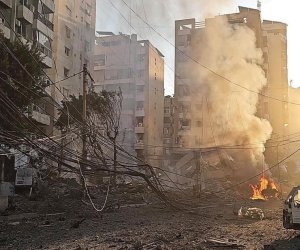
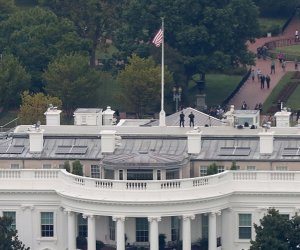
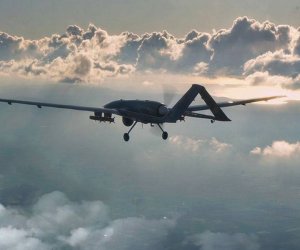
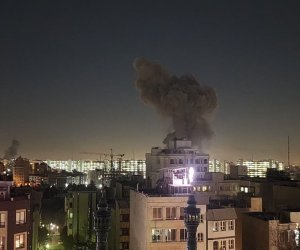
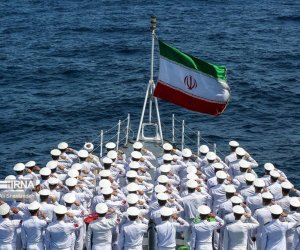

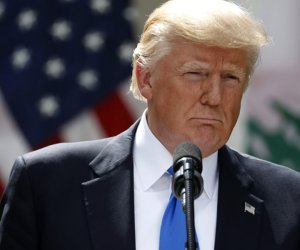
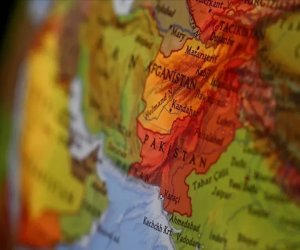



 Photo
Photo 



 Video
Video 

